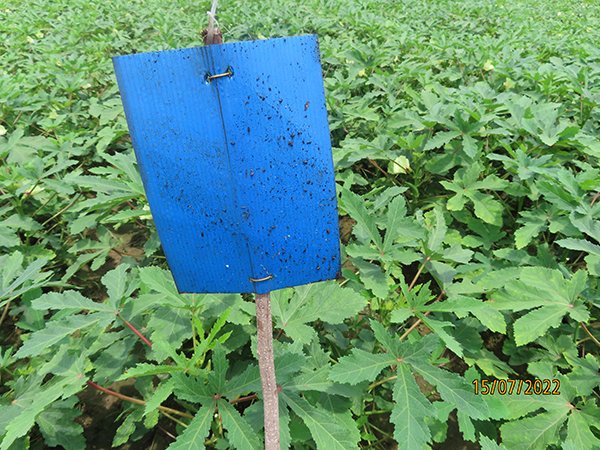
Government is promoting natural farming as chemical free farming since 2019-2020 through a sub-scheme namely Bharatiya Prakritik Krishi Paddhati (BPKP) under Paramparagat Krishi Vikas Yojana (PKVY).
To help farmers develop their crop and become economically self-reliant, the OSIA Trust organizes innovative agricultural workshops. They are trained to choose indigenous seeds and crops which are best suited to the local soil and climate. The farmers are further trained to develop, dry, preserve , store and pack seeds for use by other farmers as well. Villages allocate small plots for demonstration of methods of organic farming and seed development. From agricultural planning to agricultural commerce, all were a part of extensive discussions during the workshop. Farmers were educated on the ill effects of chemicals in farming techniques and how natural farming techniques help in improving soil fertility and better yield of chemical free, organic crops
thereby improving the economics of farming.

To help farmers develop their crop and become economically self-reliant, the OSIA Trust organizes innovative agricultural workshops. They are trained to choose indigenous seeds and crops which are best suited to the local soil and climate. The farmers are further trained to develop, dry, preserve , store and pack seeds for use by other farmers as well. Villages allocate small plots for demonstration of methods of organic farming and seed development. From agricultural planning to agricultural commerce, all were a part of extensive discussions during the workshop. Farmers were educated on the ill effects of chemicals in farming techniques and how natural farming techniques help in improving soil fertility and better yield of chemical free, organic crops
thereby improving the economics of farming.
Write to Mr. Tripathi-
+91 8826241775, osiatrust@gmail.com
Chat with us